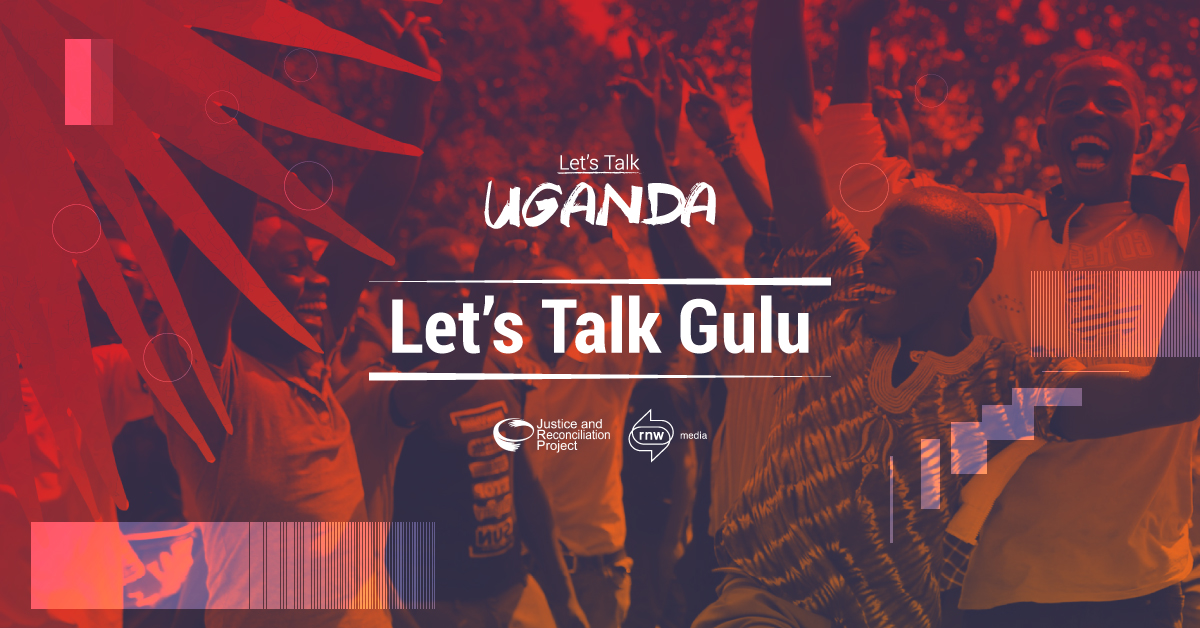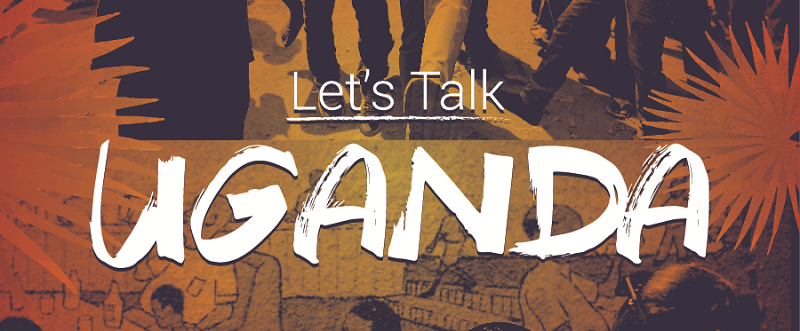
PRESS RELEASE THURSDAY, SEPTEMBER 21, 2016
BARLONYO, LIRA- Following three previous public dialogues in Acholi, Let’s Talk, Uganda is heading to Lango sub-region this September to hold conversations about justice and reconciliation in post-conflict Uganda.
The first dialogue in Lango will be held on Thursday, 22 September 2016, in Barlonyo village in Lira district. A similar event will be held the following day, 23 September, in Lira town at Lira Municipal Council Hall.
Let’s Talk, Uganda dialogues aim to give space for these communities to engage in discussion on peace, truth-telling and reconciliation. It combines the innovative use of social media and traditional forms of dialogue to allow Ugandans, with a focus on the youth, to access different viewpoints on transitional justice.
The discussions during both dialogues will be relayed on the internet through a Let’s Talk, UgandaFacebook and Twitter pages, as well as the Let’s Talk, Uganda website, letstalk.ug. A special WhatsApp number has also been created to allow people from across Uganda to interface.
The dialogues in Barlonyo and Lira follow similar events in Lukodi on 2 June, 2016, Odek on 28 July and in Gulu on 3 September. In each area, the innovative approaches by the initiative to facilitate conversation has been welcomed.
Ojok Michael, a sub-county chief in Odek, said: “We embrace this new approach to disseminating information about what happened and the experiences of communities after war through the emphasis of the youth and the internet. The word is now a global village.”
Justin Ocan, a community member of Lukodi who participated in dialogues in Lukodi and Gulu: “[Let’s Talk, Uganda] will help people know what happened during the war,” he says, “The world will become aware of what should have been done.”
To join the conversation, people can follow the Let’s Talk, Uganda Facebook page at fb.me/letstalkuganda, twitter handle @talk_ug, use the hashtag #LetsTalkUganda or send comments or questions to a WhatsApp number at +256 782 112 002.
About Let’s Talk, Uganda
Let’s talk Uganda is a project being run jointly by the Justice and Reconciliation Project (JRP) and RNW Media with the aim of engaging people in northern Uganda and Kampala in dialogue, with a focus on the youth, on issues faced by the post conflict societies in order to promote understanding and reconciliation, furthering the transitional justice process in Uganda.
Contact: Oryem Nyeko, Communications and Advocacy Team Leader, JRP onyeko@justiceandreconciliation.com






